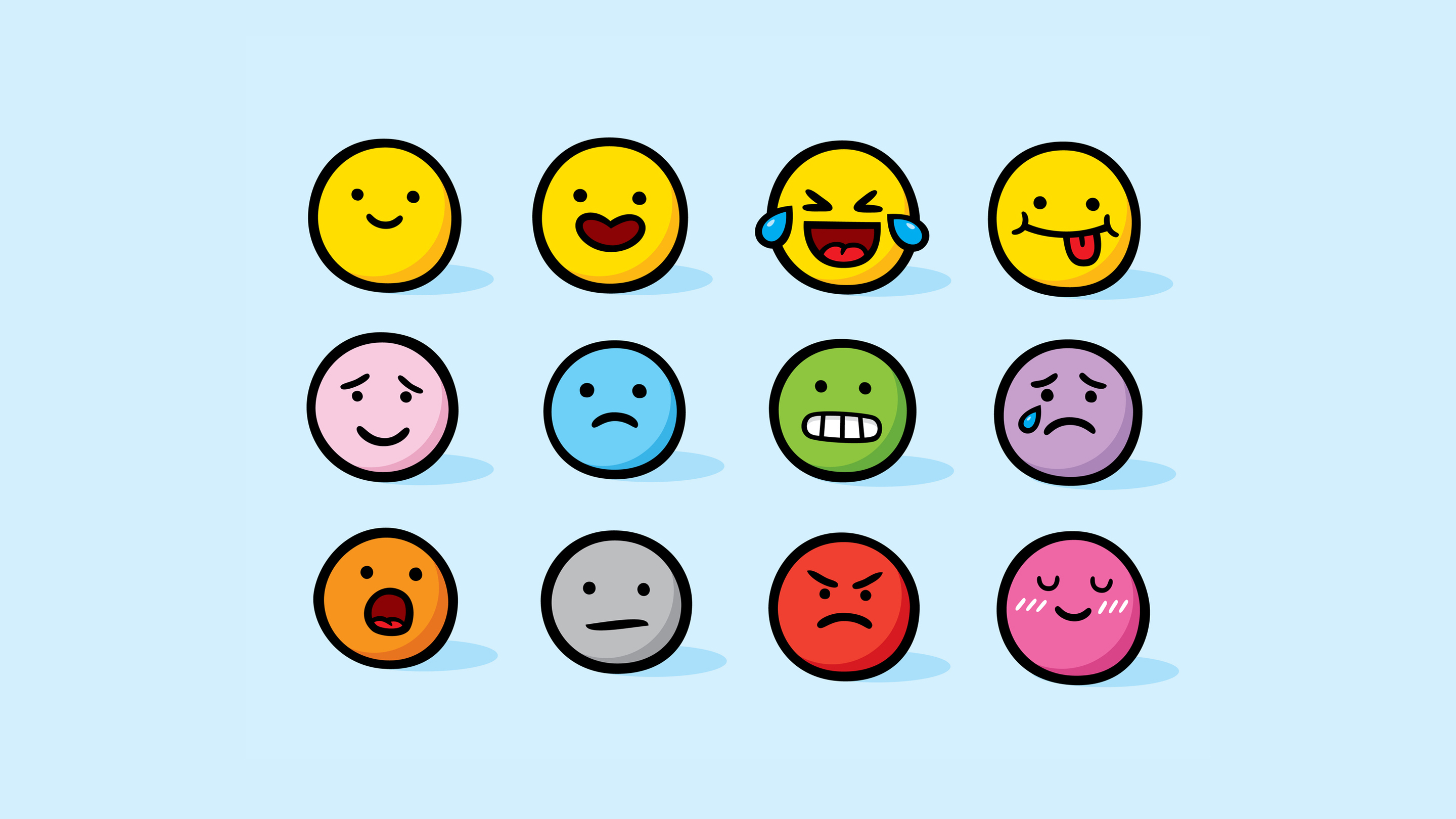Unlocking the Secrets of a Balanced Healthy Lifestyle

In today’s fast-paced world, maintaining a balanced healthy lifestyle can seem like a puzzle shrouded in mystery. But fear not! The secrets to a fulfilling and health-conscious life are within reach, and we’re here to help you unlock them. From nourishing your body with the right foods to finding harmony in your daily routine, a balanced lifestyle is the key to unlocking your full potential.
Introduction

Imagine waking up each morning feeling refreshed, energized, and ready to take on the day. This isn’t just a distant dream; it’s a tangible reality that can be achieved through a balanced healthy lifestyle. But what does ‘balanced’ really mean? It’s not just about the food on your plate or the hours you spend at the gym; it’s about creating harmony in all aspects of your life. It’s a blend of physical, mental, and emotional well-being that paves the way for a happier, healthier you.
Nourishing Your Body

The Power of Whole Foods
Nutrient-dense whole foods form the foundation of a healthy eating regimen.These are the foods that come from the earth, untouched and unprocessed, brimming with the vitamins and minerals your body craves. Fruits, vegetables, whole grains, nuts, and seeds are not just fuel; they’re the building blocks for a robust and resilient body.
Hydration: The Essence of Vitality
Water is life. This is an elementary fact that frequently escapes our attention. Staying adequately hydrated isn’t just about quenching thirst; it’s about maintaining cellular health, aiding digestion, and keeping your energy levels steady throughout the day.
Moving Your Body

Exercise: A Pillar of Health
Regular exercise is a non-negotiable aspect of a balanced lifestyle. But it’s not just about hitting the gym; it’s about finding activities that you love. Whether it’s yoga, swimming, cycling, or dancing, the goal is to get moving and elevate your heart rate. Exercise releases endorphins, the body’s natural mood lifters, and builds a strong, capable physique.
The Importance of Rest
Rest is just as crucial as activity. Your body needs time to repair and rejuvenate. Quality sleep and restful moments throughout the day can help you recover from the stresses of life and improve overall well-being.
Cultivating Your Mind

Mindfulness and Meditation
A balanced lifestyle isn’t solely focused on the physical. Cultivating a peaceful and present mind is essential. Mindfulness and meditation are practices that can reduce stress, enhance focus, and contribute to a more harmonious life.
Continuous Learning and Growth
Keeping your mind active and engaged is vital for long-term health. Whether it’s reading, taking up a new hobby, or learning a new skill, mental stimulation keeps your brain sharp and your spirit young.
Embracing Emotional Well-being

Understanding Emotional Health
Emotional well-being is a critical aspect of a balanced lifestyle. It involves understanding and managing your feelings, fostering positive relationships, and coping with life’s challenges in a healthy way. It’s about feeling good about who you are and enjoying life, despite its ups and downs.
Strategies for Emotional Balance
Practice Gratitude: Start and end your day by reflecting on the things you’re thankful for. Expressing thankfulness has the power to transform a negative outlook into one of gratefulness.
Connect with Others: Build strong relationships by spending quality time with family and friends. Social connections can provide emotional support and increase happiness.
Seek Help When Needed: Don’t hesitate to seek professional help if you’re struggling with emotional issues. Therapy can be a valuable tool for maintaining emotional health.
Building Healthy Relationships

The Role of Relationships in Our Lives
Our overall health is significantly influenced by the central role of interpersonal connections.They can offer support, love, and a sense of belonging. However, they can also be sources of stress if not managed properly.
Tips for Nurturing Relationships
Communicate Openly: Honest and open communication is the foundation of any strong relationship. Share your thoughts and feelings, and listen actively to others.
Set Boundaries: Establishing clear boundaries is essential for mutual respect and understanding in any relationship.
Demonstrate Thankfulness: Make it a habit to convey your thankfulness and recognition for those around you. Even minor acts can have a substantial impact.
Financial Health: The Often Overlooked Pillar

Financial Stability and Mental Peace
Financial health is an often overlooked aspect of a balanced lifestyle. Money worries can lead to stress, which can impact your physical and mental health.
Achieving Financial Well-being
Budgeting: Keep track of your income and expenses. A budget can help you manage your finances effectively and save for the future.
Investing in Yourself: Consider investing in your education or professional development. Such actions may pave the way for enhanced career prospects and economic advancement.
Seeking Advice: If you’re unsure about how to handle your finances, don’t hesitate to seek advice from a financial advisor.
The Environment and You
Living in Harmony with Nature
Our environment has a profound impact on our health and well-being. Living in harmony with nature can enhance your quality of life and promote a sense of peace.
Eco-Friendly Choices
Reduce, Reuse, Recycle: Make environmentally friendly choices in your daily life. This can reduce your carbon footprint and contribute to a healthier planet.
Green Spaces: Spend time in nature. Parks, gardens, and natural reserves can provide a space for relaxation and rejuvenation.
Sustainable Practices: Support sustainable practices in your community. This can include anything from community gardening to advocating for renewable energy.
Conclusion
A balanced healthy lifestyle is about more than just diet and exercise; it’s about nurturing every part of yourself. By unlocking these secrets, you can embark on a journey to a more fulfilled and vibrant life. Remember, the path to balance is a personal one, and it’s paved with small, sustainable changes that lead to big transformations.